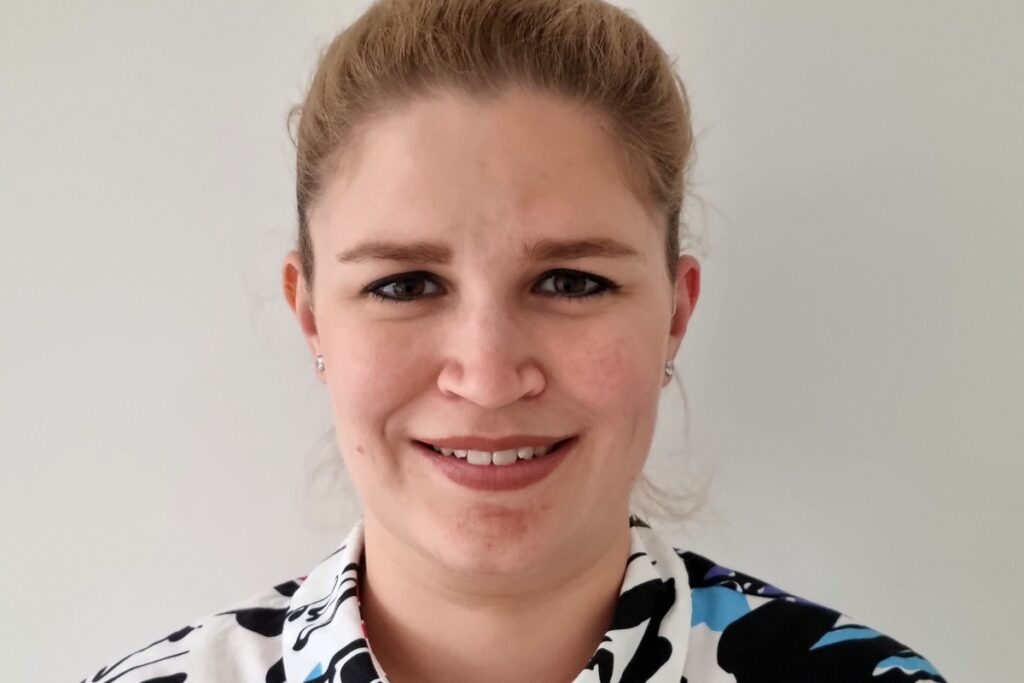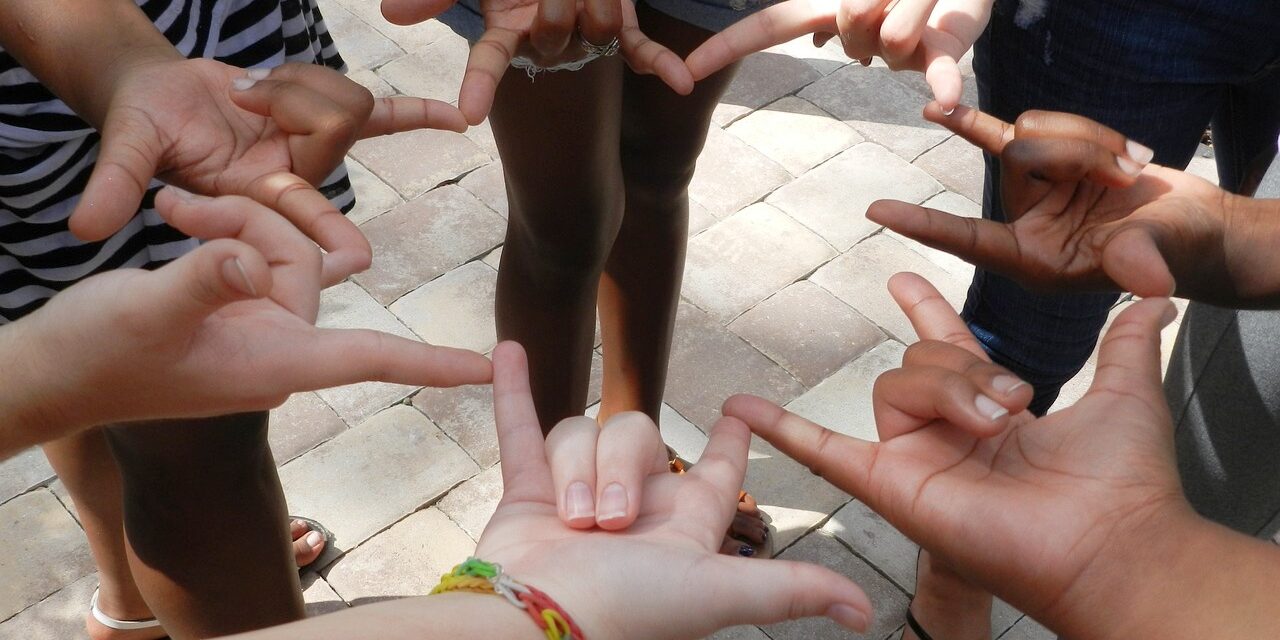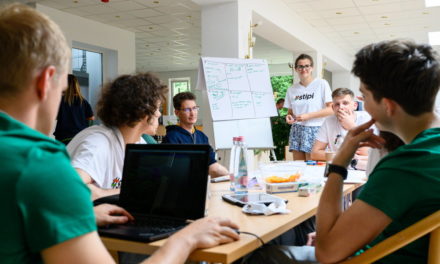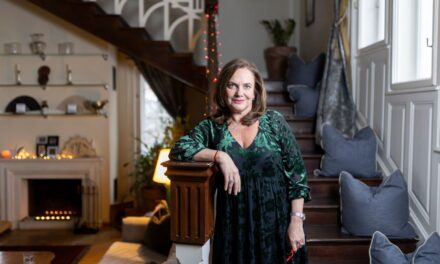The price of hearing aids is beyond the financial means of quite a few hearing-impaired people, so it would be extremely important to review the support list - said Csilla Csetneki, president of the National Association of the Deaf and Hard of Hearing (SINOSZ), in an interview with our newspaper.
Last November, an extraordinary assembly of delegates was convened in SINOSZ. Why was this step necessary?
The assembly of delegates held last November was not an extraordinary assembly, but an election assembly. In SINOSZ, the mandate of the president, vice-president and the presidency is for four years, which expired last year, which is why the elections were necessary.
During the reorganization that took place at the general assembly of delegates, you were elected to head the organization. What situation did you face after assuming your post?
I previously acted as vice president, so I was fully aware of the challenges SINOSZ was dealing with. I knew how the energy crisis and the Ukrainian-Russian war affected the economic situation of our organization.

Csilla Csetneki, president of the National Association of the Deaf and Hard of Hearing (SINOSZ).
What was the financial situation of SINOSZ at the end of last year?
SINOSZ is a stable organization that is supported by state subsidies. Unfortunately, the support provided by the state was not inflation-tracking, and we also felt the energy crisis very much, but I think that SINOSZ reacted quickly to the situation and we continued, and continue to manage, appropriately.
What tasks awaited the new management? What did you want to achieve this year and what has been realized from the plans so far?
The management will continue the tasks already started, and we have set up a new strategy for SINOSZ, and we will work along these lines in the next four years. Our main objective is to achieve the widest possible level of accessibility for communication, to maintain our interpreter, equal opportunity and labor market services, to provide community programs for our members and to implement our deservedly high-quality and popular sign language courses.
How many deaf and hard of hearing people live in Hungary?
The data of the latest census of the National Statistics Office has not yet been processed, so we can rely on the data of 2011, when 60,000 people declared themselves to be deaf or hard of hearing. However, we can face much higher numbers as a result of environmental damage: based on data published by the WHO, 10 percent of the world's population struggles with some degree of hearing loss. This shocking value was confirmed by the WHO speaker at last year's International Conference on the Hard of Hearing organized by SINOSZ.
When is the introduction of the European Disability Card expected, and according to the plans, what discounts will Hungarian deaf and hard of hearing people be entitled to?
Unfortunately, it is very difficult to say when the introduction can be expected, and the type and extent of the discounts are still in question. Each country in the Union provides different material, equipment and interpreter services to its citizens, so in order to be able to issue a uniform identity card, these subsidies must be coordinated in the member states.
Where would you classify the discounts and services provided by the Hungarian state to the deaf and hard of hearing, if compared with the average provided by EU member states?
I have to say that we are in the middle ground, there are countries where financial support or hearing aid provision is better, but there are countries where they provide much less support and services to deaf or hard of hearing people. Our country is increasingly open to dealing with the communication needs of the deaf and hard-of-hearing community, as well as making policy decisions in order to create equal opportunities for them.
In the relationship between the state and SINOSZ, in which areas would you consider progress and change to be important?
The operation of interpreting services should be shifted from the current application system to normative-based support, and the medical aid supply system should also be reconsidered, and further encouraging steps should be taken to increase the employment opportunities of the deaf and hard of hearing.
What additional benefits and services do you consider to be justified?
Hard-of-hearing people should be included in the ranks of people with altered work ability, and the training of professionals dealing with this should be dealt with. It would be necessary to further expand the number of interpreting hours in education and the world of employment. Extending disability support to the hard of hearing would also be a necessary and justified step. In order to expand the information as widely as possible, it is also essential to expand the scope of accessibility. In the media, the level and quality of accessibility of live programs is still far from perfect, and there are even channels that do not comply with their subtitle obligation.
Is the supply of auxiliary equipment adequate at the national level?
On a national level, there is audiology in the hospitals of all towns and cities with county status, where the supply of assistive devices is available, and there are also audiology shops in smaller towns. Overall, I'd say the country is pretty well covered. However, the price of hearing aids is beyond the financial means of quite a few hearing impaired people. That is why it would be extremely important to revise the support list.
Are the necessary health services and the KONTAKT service available in all areas of the country?
Fortunately, KONTAKT is available throughout the country, where the internet speed allows. We cooperate with several partners that already have the KONTAKT interpreting service available (financial institutions, telecommunications providers, government offices). However, in the field of health care, we often face obstacles, it happens that the presence of a sign language interpreter in health institutions is not acceptable for the health worker, however, we encourage our clients to use the right of equal access and stand up for themselves in these situations.
Do they wish to develop KONTAKT, and if so, in which areas?
I believe that in today's world, anyone who provides a service is forced to develop and follow today's "trends", and this is no different in the case of KONTAKT. KONTAKT would also have a place in the field of healthcare and education.
This year, SINOSZ is organizing the World Day of the Deaf in Veszprém, Raise your hand! with a motto. What programs await those interested on September 23?
This year, the World Day of the Deaf event is connected to the Veszprém European Capital of Culture program series. Among the programs will be a round table discussion on the topic of culture; KONTAKT interpretation service presentation; interactive games; bowling tournament; sightseeing walk with a guide, with sign language interpretation; small train ride; crafts; health corner with screening tests; wall climbing and a concert by Attila Kökeny and his band with sign language interpretation.
Author: Tamás Császár / civilek.info
Cover image: Pixabay













